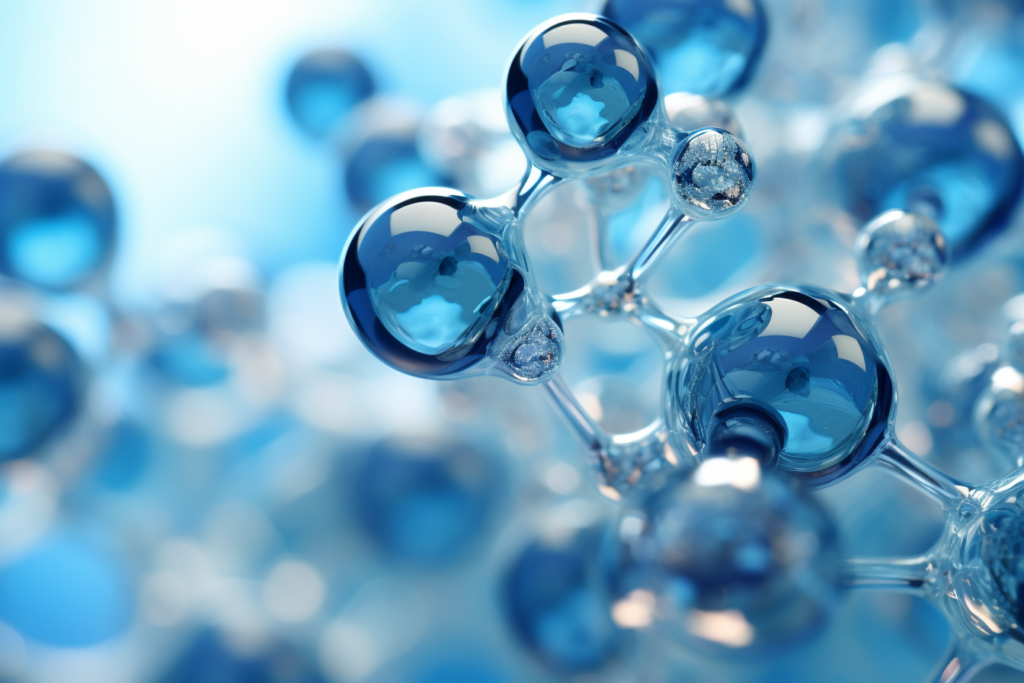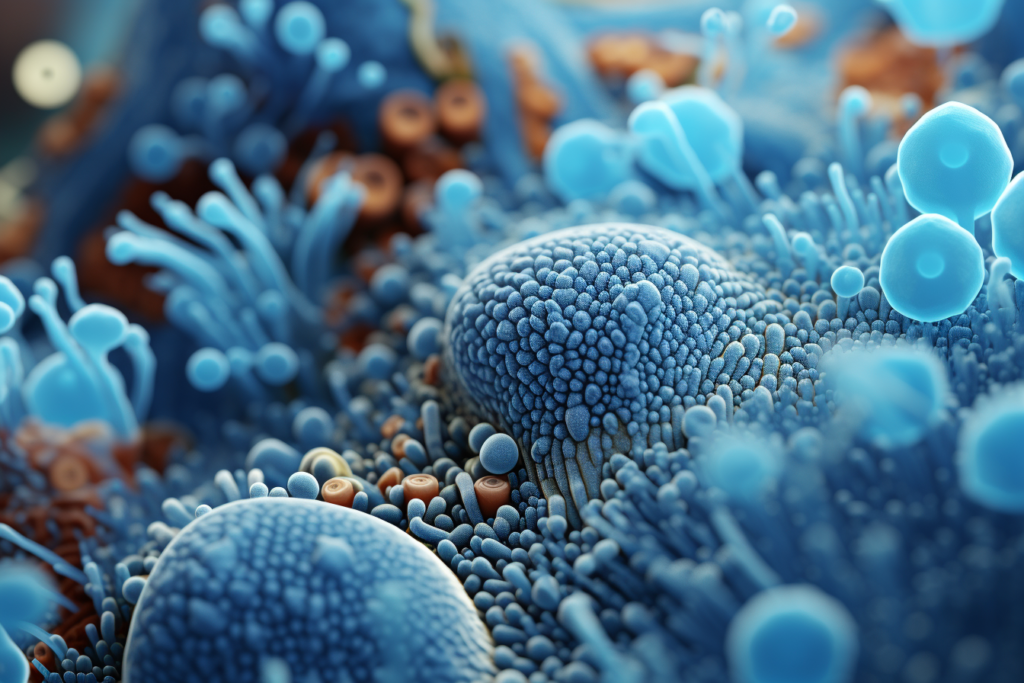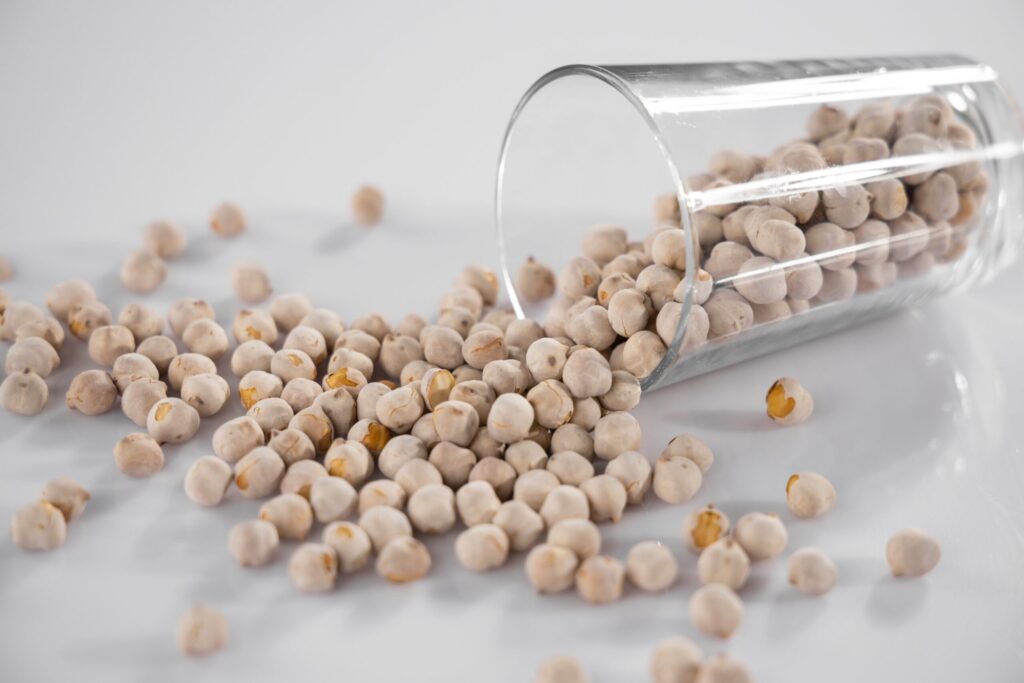Muscle, mood, and more: peptides for menopause mastery

Peptide therapy is an exciting new way to help with the tough symptoms that come with menopause. Peptides are tiny but potent molecules found in all living organisms that affect multiple processes in our bodies. In today’s article, we will discuss which complications of menopause can be prevented using peptide therapy, explore its pros and cons, and uncover strategies to maximize its effectiveness.
Balancing the gut microbiome: a key to menopausal well-being

It was found that during menopause, a woman’s gut microbiome becomes less diverse and more “male-like.” And the problem is that we are losing the most essential for women’s health microbes. Can we counteract these changes? Why do some women go through menopause smoothly while others struggle with various symptoms? Can this imbalance be corrected with probiotics or diet change? And whether hormonal balance can be restored with special microorganisms — read and discover today.
Can a vegan diet help with hot flashes?

Hot flashes are a common and often uncomfortable symptom experienced by many women during menopause. But there’s a way to get relief even without taking pills. We have the power to take control of our well-being and tackle hot flashes head-on. How? By changing our diet!
Can rapamycin delay menopause and boost ovarian health?

Most women are familiar with the phrase, “Your biological clock is ticking.” The harsh reality is that every month a woman ovulates, approximately 1,000 potential eggs are lost, ultimately leading to the onset of menopause. But what if there were a way to put the brakes on the ovarian ageing process, slowing down the ticking of the clock? Scientists hope to answer that question in a new, first-of-its-kind ageing study named VIBRANT. It explores the ability of rapamycin to slow down ovarian ageing. Let’s explore what this medication is.
Why sleep decline happens during menopause

Waking up feeling like you’ve turned into a hot-water bottle and wondering where your peaceful sleep went? You are not alone. In fact, around 75-85% of women experience this rollercoaster of nighttime heat and sleep disruption. Let’s dive into why this happens and explore personalized tips to help you get those precious Zzz’s back.
Plant-based solutions for menopause: unleashing the potential of phytoestrogens

Scientists and, of course, women are looking into different natural ways to help with the symptoms of menopause. One interesting option is something called “phytoestrogens.” These are natural substances found in some plant-based foods. Phytoestrogens can help with the uncomfortable things that can happen during menopause. In this article, we’ll talk about why phytoestrogens help some people and seem to be useless for others, the possible not-so-great effects of phytoestrogens, and how they could actually be pretty helpful for making menopause easier.
Why menopause has become more complex in modern times

Menopause, a natural phase in a woman’s life, has been a timeless biological event marking the end of her reproductive years. However, the 21st century has witnessed a shift in social and environmental factors that have rendered menopause more complex than ever before. As women’s roles, lifestyles, and longevity have evolved, so too have the challenges and opportunities associated with this transformative life stage. In this article, we delve into the reasons why menopause has become more intricate in the modern era and explore the implications for women’s health and well-being.
Inflammation and mood swings: unravelling the link in perimenopause

Perimenopause brings about more than just hot flashes. It is a unique transition period in women’s life accompanied by profound hormonal changes in a woman’s body. This article explores the often-overlooked role of inflammation during this transitional phase, its impact on long-term health, and ways to prevent undesirable health complications.
Beyond the clock: triggers of early menopause

Menopause, a natural phase in a woman’s life, marks the end of her reproductive years. However, for some women, this biological transition occurs earlier than expected, disrupting the harmony of their lives. Early menopause, or premature menopause, is a condition that warrants attention and understanding. In this article, you will discover why early menopause happens and what might trigger it beyond the biological clock.
Innovative approaches to menopause: exploring experimental methods and the potential of PRP therapy

Menopause is a natural phase in a woman’s life, but it can pose challenges, impacting well-being with symptoms like hot flashes, mood swings, and more serious health complications. While hormone replacement therapy (HRT) has been the conventional choice, it may not suit everyone, prompting researchers to explore experimental approaches. One such promising method is Platelet-Rich Plasma (PRP) therapy, named even the “Revolutionary Menopausal Reversing Treatment.” In this article, we uncover the potential of PRP therapy in rejuvenating ovaries and providing relief during menopause.
